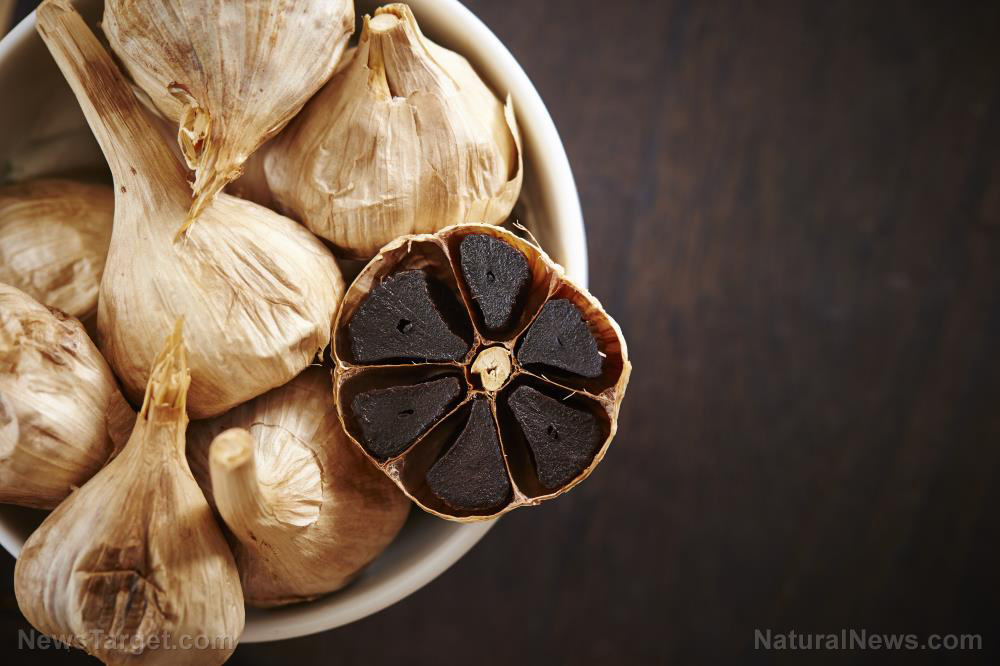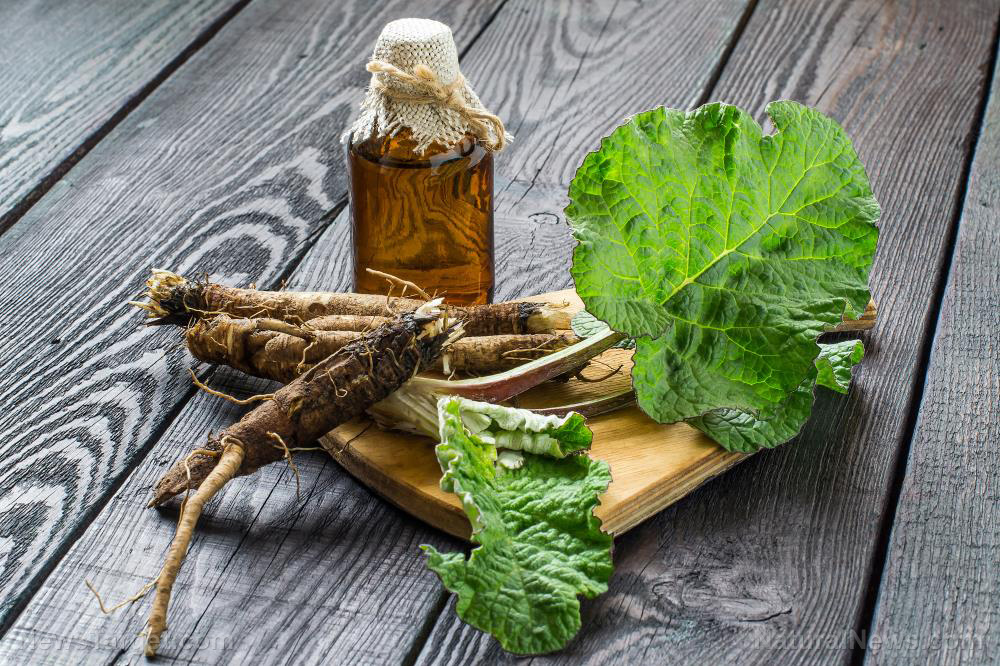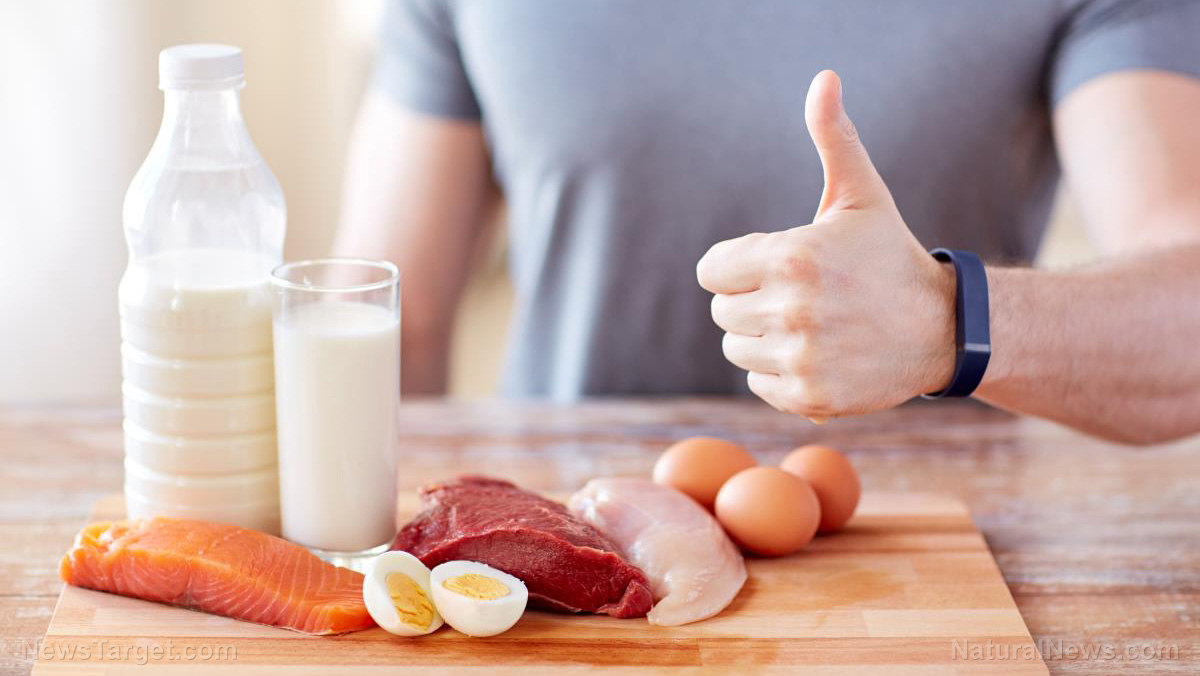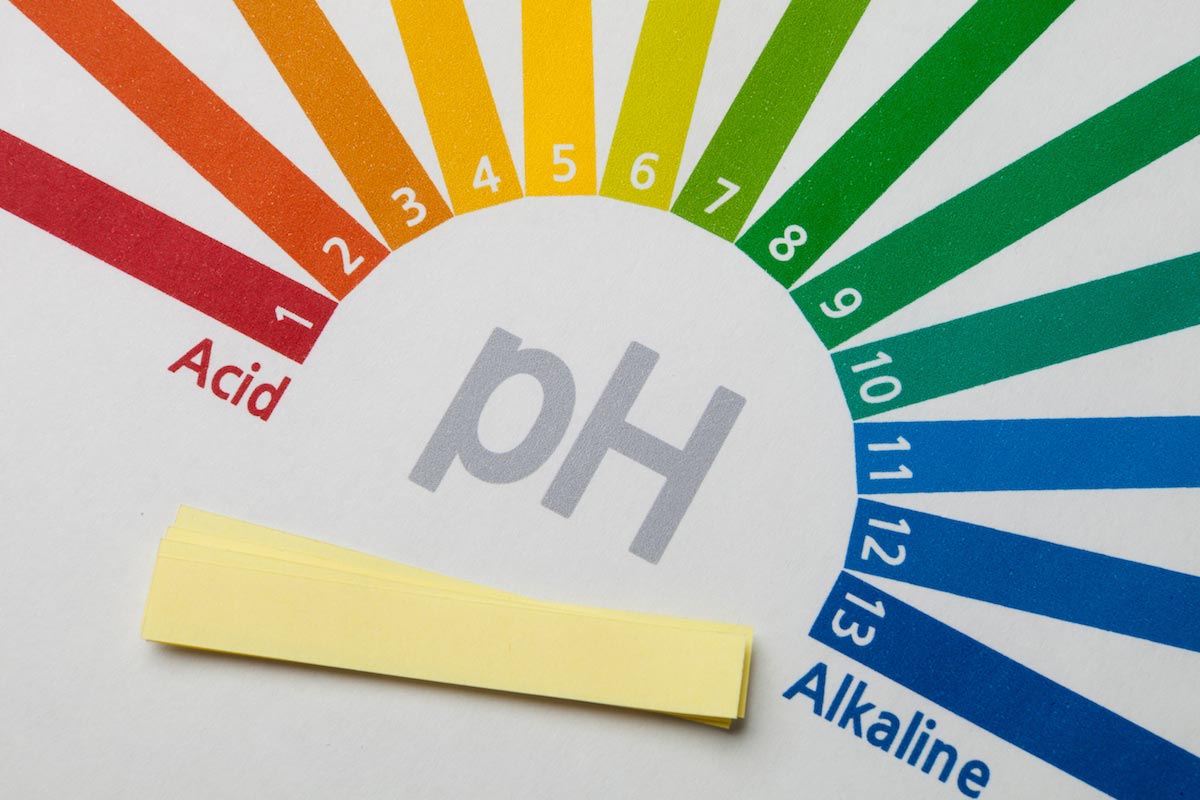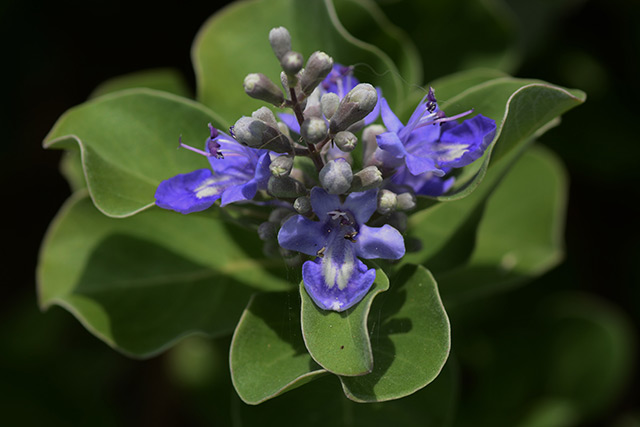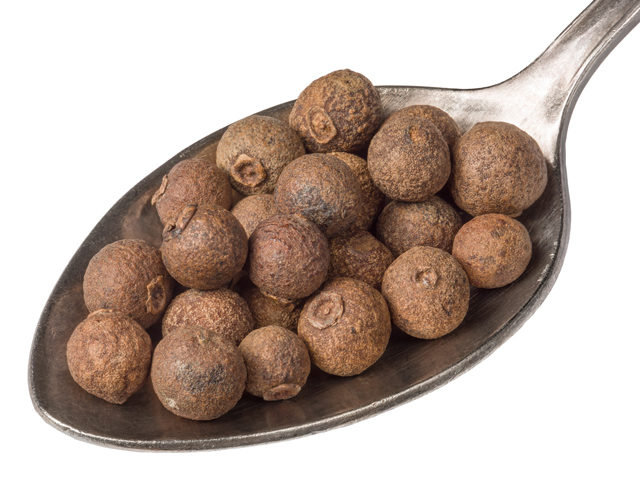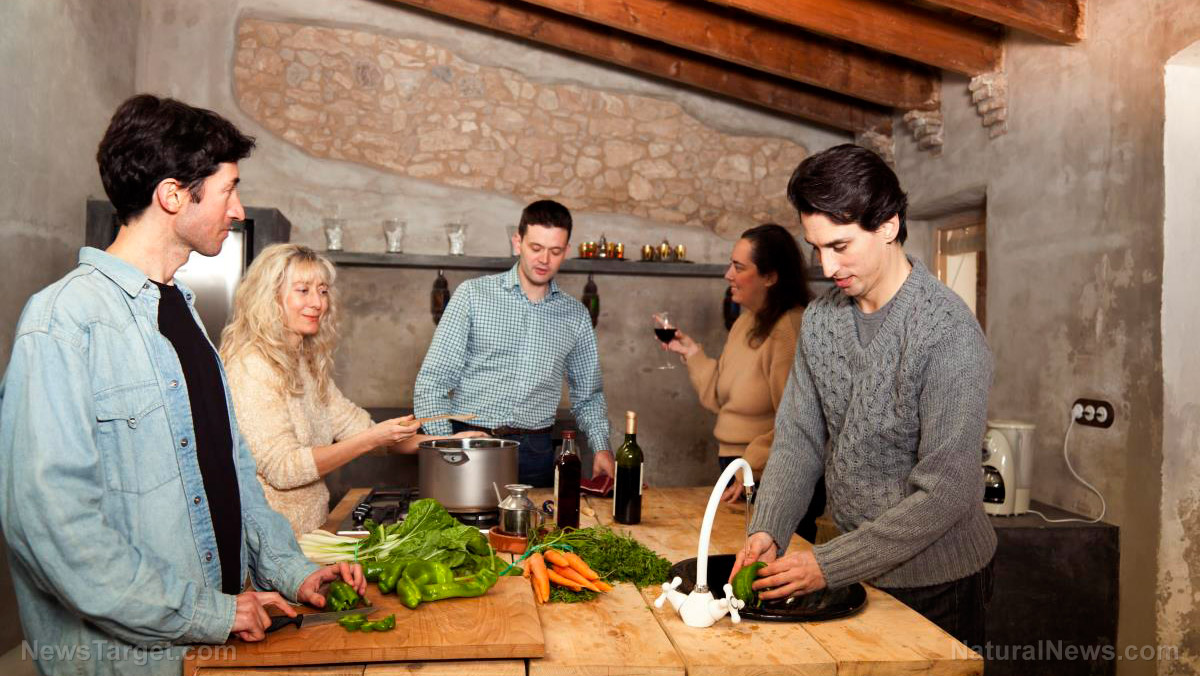Study looks at which foods prevent cancer vs. those that contribute to it
06/12/2019 / By Michelle Simmons
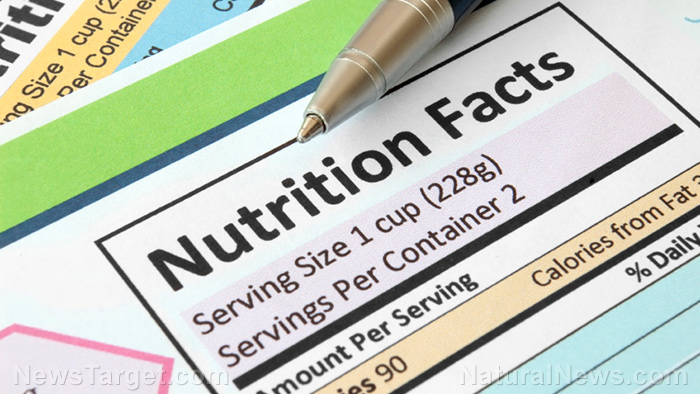
One of the key challenges in preventing cancers and other chronic diseases is helping consumers make healthier food choices. For this reason, some countries are considering implementing a simplified labeling system that informs consumers of the nutritional quality of food products. The Nutri-Score is France’s official nutrition label, but it remains optional as per European labeling regulations. It is a five-color nutrition label that was based on the Nutrient Profiling System of the British Food Standards Agency modified version (FSAm-NPS) score.
To test the relevance of the two labels as nutritional profiling systems, a team of European researchers conducted a prospective analysis of the association between the nutritional score of food and cancer risk. Their study involved a large and diverse European population that constitutes the European Prospective Investigation into Cancer and Nutrition (EPIC) cohort. The EPIC study is an ongoing multi-center prospective cohort study investigating metabolic, dietary, lifestyle, and environmental factors in relation to cancer and other chronic diseases.
The research team analyzed the association between the FSAm-NPS score – which reflects their nutritional quality – and cancer risk in 471,495 adults from 10 European countries; 49,794 of them were newly diagnosed cancer cases. They calculated the FSAm-NPS score for each food or beverage using its 100-gram content in energy, sugar, saturated fatty acid, sodium, fibers, proteins, and fruits/vegetables/legumes/nuts. The FSAm-NPS scores of all food items typically consumed by an individual were averaged to obtain the individual FSAm-NPS Dietary Index (DI) scores. A high FSAm-NPS DI score indicates low nutritional quality.
The researchers found that consumption of foods with high FSAm-NPS DI scores was associated with high risks of developing cancers, such as colorectal, lung, liver, and breast cancer. This finding supports the relevance of using the FSAm-NPS and Nutri-Score to grade the nutritional quality of food products as a basis for prevention strategies for cancer and other diseases. The results of this study were published in the journal PLOS Medicine.
How your diet influences your risk of cancer
Increasing evidence suggests that the foods you eat can either increase or decrease your risk of cancer. Adhering to a diet rich in whole foods like fruits, vegetables, whole grains, legumes, spices, healthy fats, fresh fish, and high-quality dairy may reduce cancer risk. (Related: Nine anti-cancer foods proven to prevent and help reverse cancer.)
Conversely, high consumption of certain foods may raise your chances of developing cancer. Some of these cancer-causing foods contain high amounts of sugar and refined carbs. A review published in the Nutrition Journal reported that processed foods high in sugar but low in fiber and nutrients have been linked to increased cancer risk.
Eating lots of processed and red meats can also increase the risk of certain cancers including colon, stomach, and pancreatic cancers. Processed meat includes ham, bacon, salami, and sausages, while red meat includes all fresh, minced, and frozen beef, pork, and lamb.
Researchers found that processed and red meats can increase the risk of cancer because of their chemical content – that is, chemicals that are naturally present in the meat or were used to preserve the meat, and the chemicals produced when the meat is cooked at high temperatures. Red meat contains a naturally occurring red pigment called haem, which could irritate or impair cells or increase the production of harmful chemicals by bacteria, thus increasing the risk of cancer. On the other hand, nitrates and nitrites are chemicals often used to preserve processed meat. The body converts nitrites into cancer-causing chemicals called N-nitroso compounds (NOCs). Cooking meat at high temperatures, such as grilling or barbecuing, also produces chemicals called heterocyclic amines (HCAs) and polycyclic amines (PCAs) – both of which cause cancer.
Lower your risk of cancer and other diseases by eating healthily. Learn more at Prevention.news.
Sources include:
Tagged Under: cancer risk, chronic diseases, diet, disease prevention, food choices, food labels, Nutri-Score label, nutrition, nutrition labels, nutritional profiling, nutritional quality, prevention, research
RECENT NEWS & ARTICLES
COPYRIGHT © 2017 PREVENT CANCER NEWS




